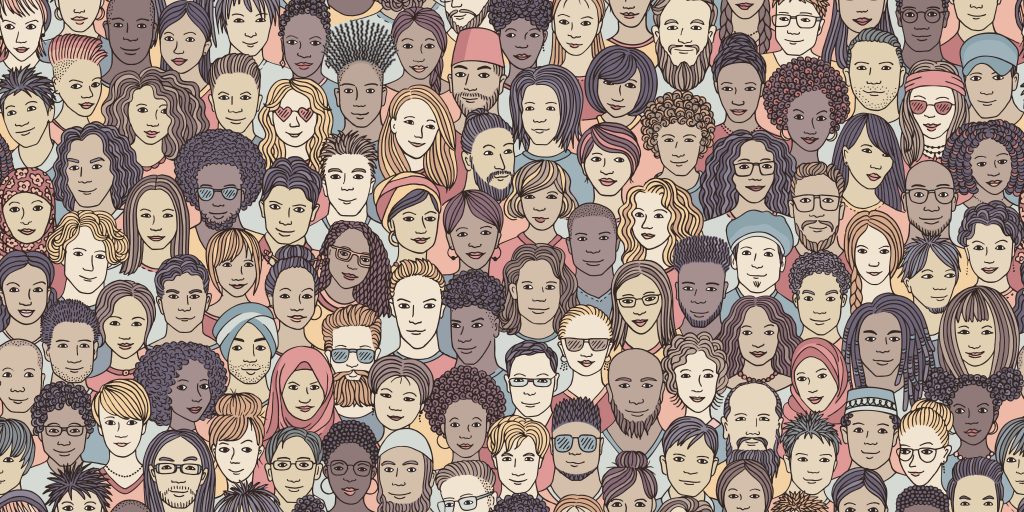How polling contributes to our politics
Author G. Elliott Morris says polling gives us a clearer understanding of what the American public actually wants, though some errors will always be present.

Americans have more access to public polling data than ever before. We now have knowledge about how our fellow citizens consider all kinds of things, like higher prices, the reality of climate change and their support for the sitting president.
The 2016 presidential election especially turned a lot of people off from polling, and caused many organizations that conduct polling to review their processes and to try to make them more accurate.
How should we be interpreting polls, and what does polling mean for our politics? The author of a new book on the topic explains.
“The policy will of Americans as expressed by the government is so different than what the will is as expressed by the people, and the number of them, their raw numbers.” — G. Elliot Morris, author.
Listen: What polling is, how it works and why one author believes we need it.
Guest
G. Elliot Morris is a data journalist and US correspondent for The Economist. He is the author of “Strength in Numbers: How Polls Work and Why We Need Them.” He says there is a lot to be gained from polling, particularly as it gives us a clearer understanding of what the American public actually wants.
“The policy will of Americans as expressed by the government is so different than what the will is as expressed by the people, and the number of them, their raw numbers,” says Morris.
Trusted, accurate, up-to-date.
WDET strives to make our journalism accessible to everyone. As a public media institution, we maintain our journalistic integrity through independent support from readers like you. If you value WDET as your source of news, music and conversation, please make a gift today.
